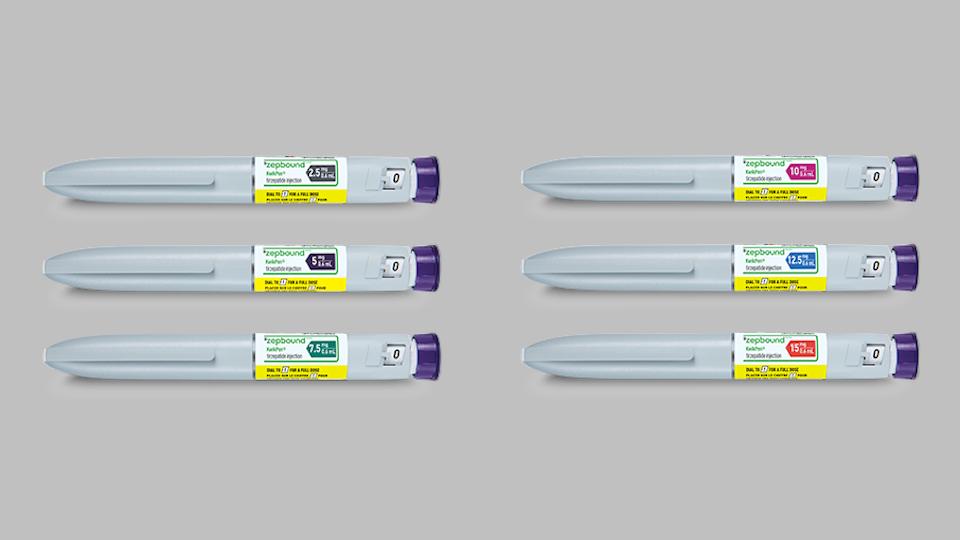What does the future of European healthcare look like?

After the “stress test” of COVID, how can the sector create resilient, sustainable healthcare systems for the long term?
COVID has taught us that future proofing healthcare systems has to be everyone’s main priority in the coming years.
That’s according to the speakers at a roundtable session, held as part of the Reuters Events: Pharma 2021 conference last week, where representatives from across the life science sector answered questions on the future of European healthcare.
Takeaways for pharma from the COVID-19 pandemic
Globally, no single healthcare system was prepared to handle this type of crisis, said Iskra Reic, executive vice president, Europe and Canada for AstraZeneca, highlighting how the pandemic had affected access to routine care for people with chronic conditions.
Jo De Cock, former administrator general at Belgium’s National Institute for Sickness and Invalidity Insurance (INAMI), agreed. “It was clear that our health systems were not prepared for this crisis, although we had already had signals about the necessity of adapting and organising systems so they would be capable of responding to emergencies,” he said, describing the pandemic period as a “stress test”.
To build more resilient, sustainable systems, the sector must recognise that agility and collaboration lined the route out of the crisis, said the panellists.
“We can’t dismiss what we have learned. To go back to where we were 18 months ago would be a disaster”
Natalie Moll, director general of the European Federation of Pharmaceutical Industries and Associations (EFPIA), said it was partnership that made developing and deploying vaccines within a year of the onset of the pandemic possible.
“The way that, within days, our industry had made a commitment to share our libraries and our research, and that we would work with governments to find ways to get make sure vaccines and treatments reach patients, was impressive,” she said, adding that it would be “madness” not to learn from this.
Meindert Boysen, director of the Centre for Health Technology Evaluation at NICE, said the pandemic had taught the HTA the importance of being “fleet of foot”. “Speed was of the essence, and we needed to be flexible,” he said.
“Collaboration between healthcare system partners from the public side, but also with private companies, has been absolutely vital … we can’t dismiss what we have learned. To go back to where we were 18 months ago would be a disaster.”
Ensuring a culture of collaboration continues
According to Reic, the dial has already shifted, thanks to a growing awareness of the power of collaboration. AstraZeneca, for example, is working currently on a project with the World Economic Forum and the London School of Economics, looking at how healthcare can be more resilient and sustainable.
“Securing the engagement of governments in 12 different countries, from the UK to Poland to Vietnam, was absolutely amazing. Programmes [show] you can bring academia, governments, and private industry together to say ‘let’s find a solution,” she said, adding that sustainable healthcare was everybody’s agenda.
“I’m a big optimist. I believe we will not lose the learning, and we will continue to partner.”
Ensuring patients and HCPs can make informed treatment decisions
Building trust is essential in combating misinformation and making sure people have evidence-based, understandable information that they can rely on.
Again, it comes back to collaboration, said Moll, explaining that a patient transitioning from presentation to diagnosis to management “has no one person to hold their hand”.
“We need to recognise that and have a more joined up approach. If we can be on the path with them, that patient is filled with more reassurance and more clarity in what’s happening next. We need to be able to communicate better as a healthcare system, but it’s very difficult because each of us is responsible for just one part,” she said.
Greater uniformity of regulation could also help, Moll went on. “Science should be the same in every country so that, as a patient, I know that my medicine is being evaluated in the same way wherever I am. That’s reassuring for people.”
The role of data in tackle new healthcare challenges
In the UK, the Cancer Drugs Fund is a great example of how data is being used to direct treatment options, but Boysen believes we shouldn’t stop there. “We should be using data much, much earlier,” he said. In rare diseases, for example, health technology evaluators often lack data around topics such as disease progression, or people’s experiences of healthcare. “It’s only when there is a new technology that we have to scramble for the evidence,” he said.
“I think we need to invest much more in getting the natural history evidence and early diagnostic evidence on the table, and I think real world data is critical in that respect. There’s a lot of potential, but we’re probably using data at the wrong end of the new technology lifecycle.”
Future considerations
Moll called this a “crucial moment”. “At European level, we’re revising our entire regulatory framework. We have this moment in time when we get to work with all stakeholders to design legislation that either… makes us even more innovative than everybody else… or sends us back behind our fiercest competitors, in the US and China.
“We have our work cut out for us, but I hope policymakers in Europe have seen the value of innovation through this pandemic, and that without it we don’t go anywhere.”
For De Cock, the answer was embracing the potential of collaboration to focus on tackling unmet needs and increasing access to affordable medicines. “We have no time to lose. This is like the climate crisis. We have the momentum, and we should act now,” he said.













